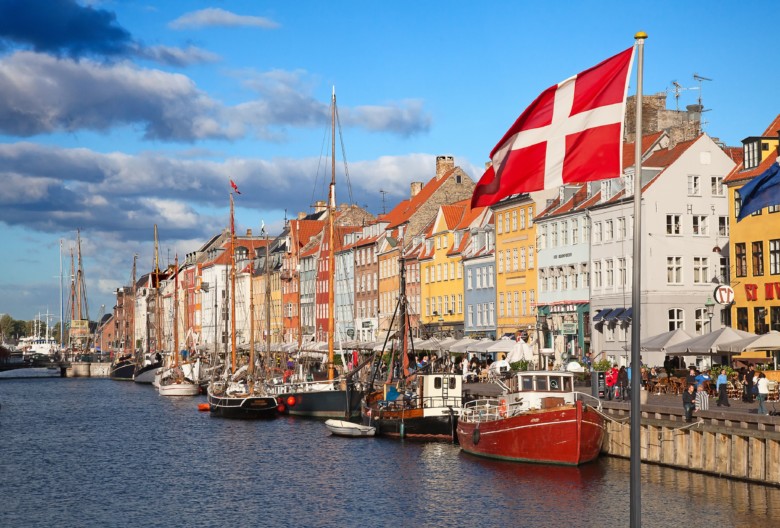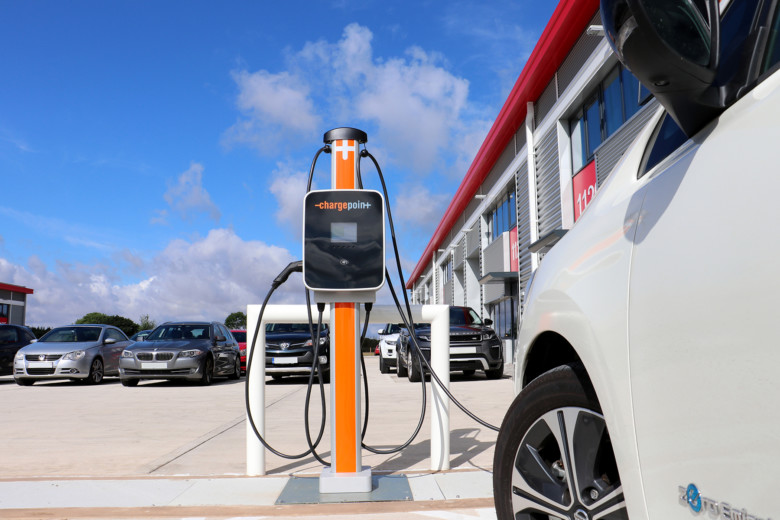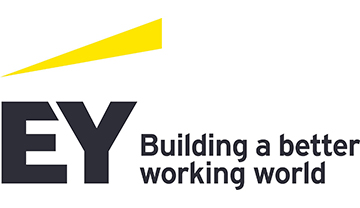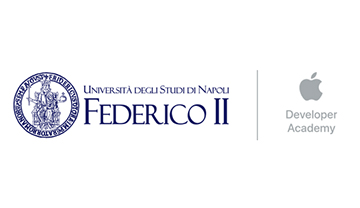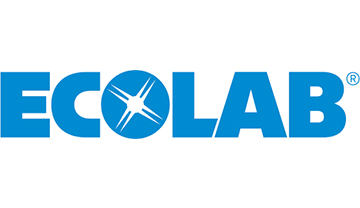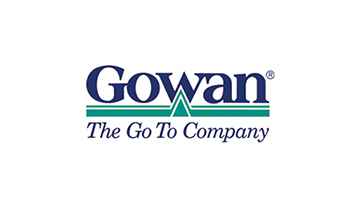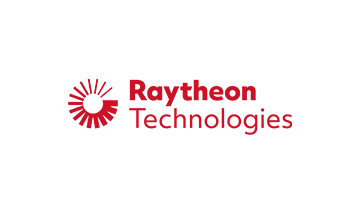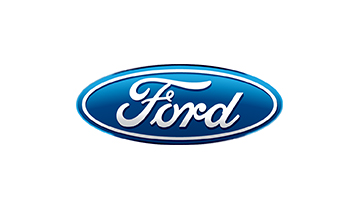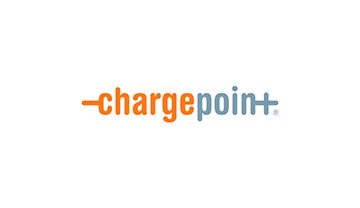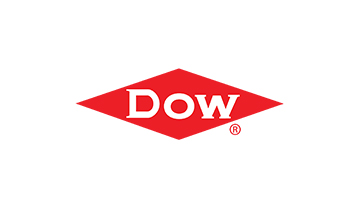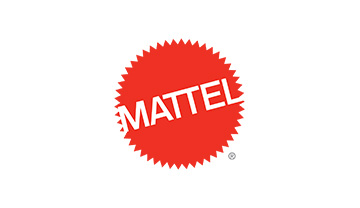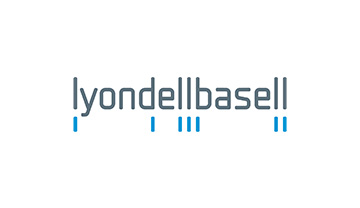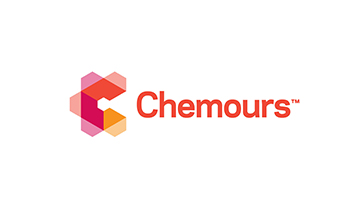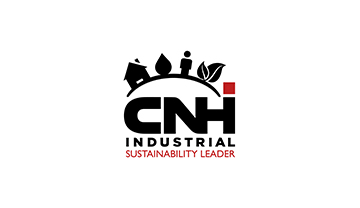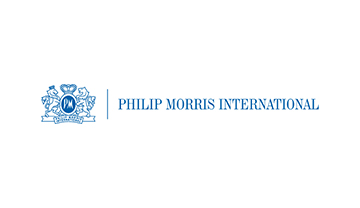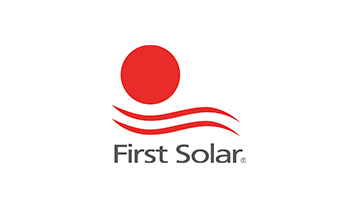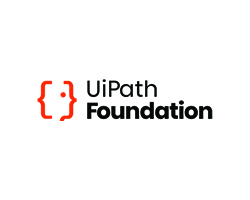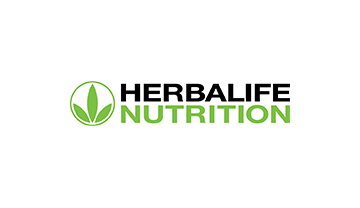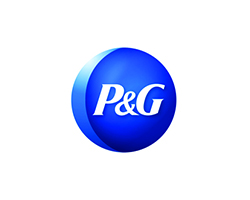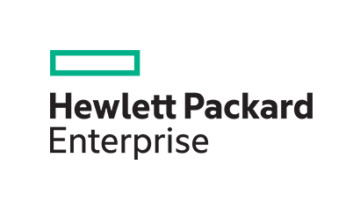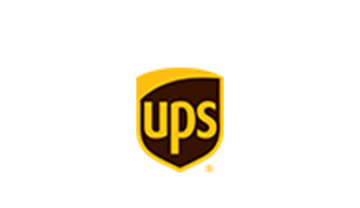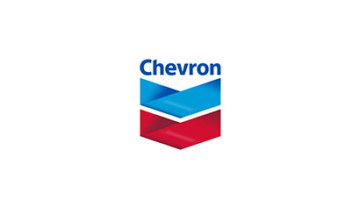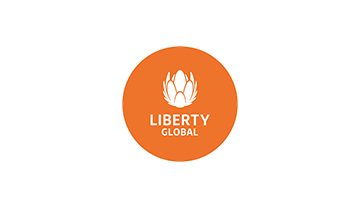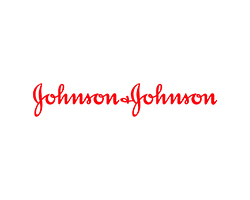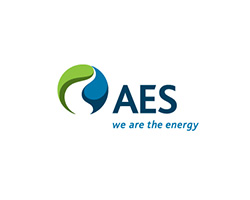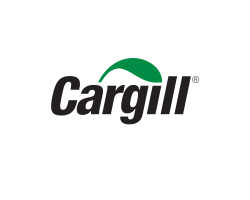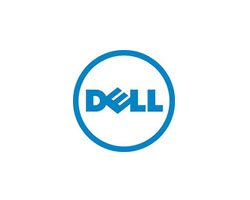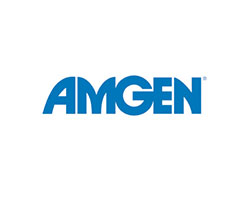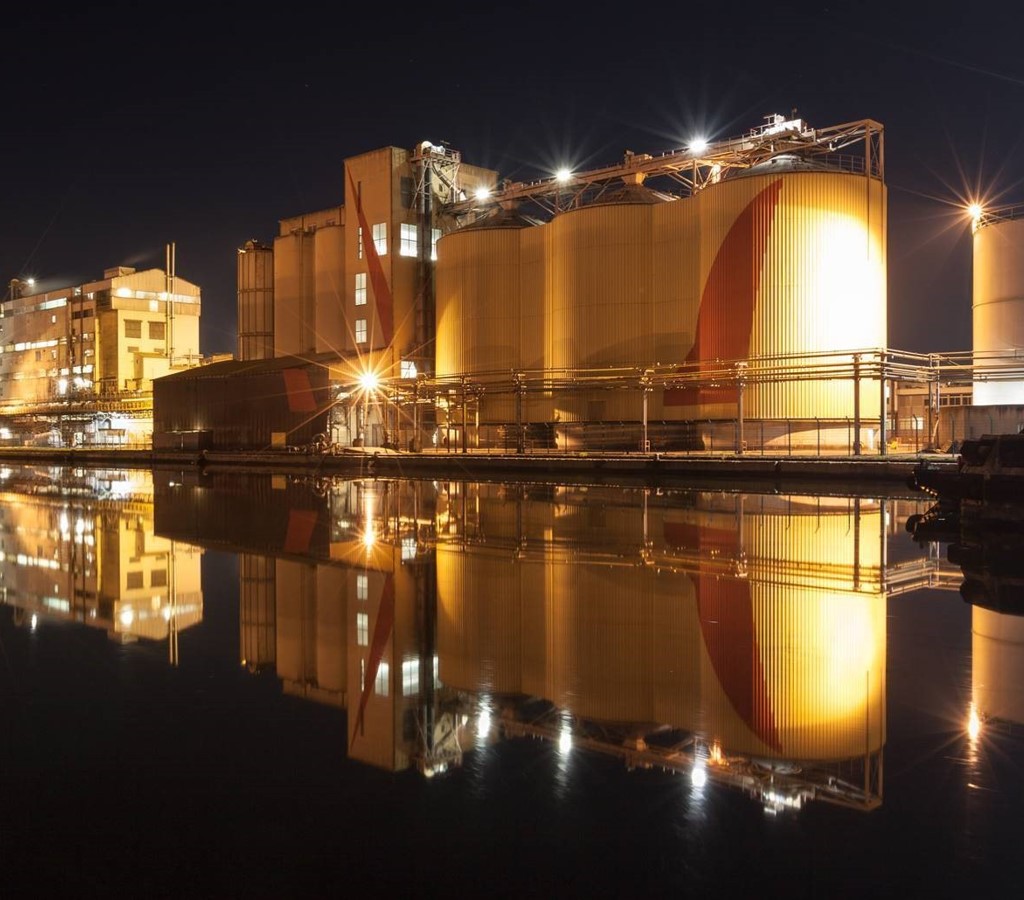
As one of the leading global companies processing and producing edible oil, Cargill understands the urgency of protecting freshwater reserves. One of its production sites is in France, where episodes of frequent drought have become a recurring phenomenon in recent years. Of the water consumed in France, 82 percent – around 26 billion m3 – comes from rivers, streams and lakes. All segments of society rely on this water: 25 percent is used for domestic purposes, 25 percent is used by industry and 50 percent is used for agriculture.
In light of these figures and the French government’s effort to manage insufficient water resources during drought conditions, Cargill’s local production site has improved water conservation. As a long-term partner, Nalco Water (an Ecolab company) has supported Cargill’s steam and cooling utilities systems by sharing expertise and adding value to its operations. A comprehensive water study revealed that the treated water effluent leaving its treatment plant was of such high quality and quantity that it could be recycled.
Based on Nalco Water’s extensive experience, the company knew that the treated effluent water could be used in the cooling water system. Additionally, thanks to the presence of 3D TRASARTM Technology in the cooling system, the recycled effluent would continue to be monitored, and the cooling system would be managed and kept under control.
Nalco Water implemented a complete solution to manage and maintain the desired quality of the recycled effluent as it was put back into the cooling system. This included installing a pumping station and collecting effluent water before its discharge point. It also implemented the monitoring and control of micro bio in the effluent tank using Nalco Water Oxidant ControllerTM to analyse free chlorine and ensure micro bio-free water conditions.
As a result, this initiative:
- Reduced drinking water intake at the industrial site by 32,500 m3 per year for a 53% drinking water reduction in the cooling systems. At the site level, this represents a total decrease in drinking water intake of 20% and cost reductions of $40,000 annually;
- Eliminated effluent discharge by 32,500 m3 per year, equal to a 93% reduction in effluent outflow from the site annually;
- Reduced wastewater effluent discharge cost by $5,000 annually;
- Maintained the cooling system’s optimum performance; and
- Created annual value worth $45,000.
As explained by Anja de Reus, Vice President, Sustainability – Europe, Ecolab:
‘While the magnitude and the pace of extreme events caused by climate change keeps on increasing and having a major impact on the water balance/cycle we at Ecolab are committed to help our customers preserve this precious resource through bespoke solutions. Industry has a crucial role to play by leading the way when it comes to sustainable practices.’
By optimising and reducing its freshwater intake while at the same time maintaining operational excellence and performance, the project delivers on Cargill’s sustainability goals. At the same time, it maintains the quality of the makeup water in the cooling system and the stability and reliability of its production. These steps to preserve drinking water are an important contribution to the French government’s overarching water reduction strategy.


